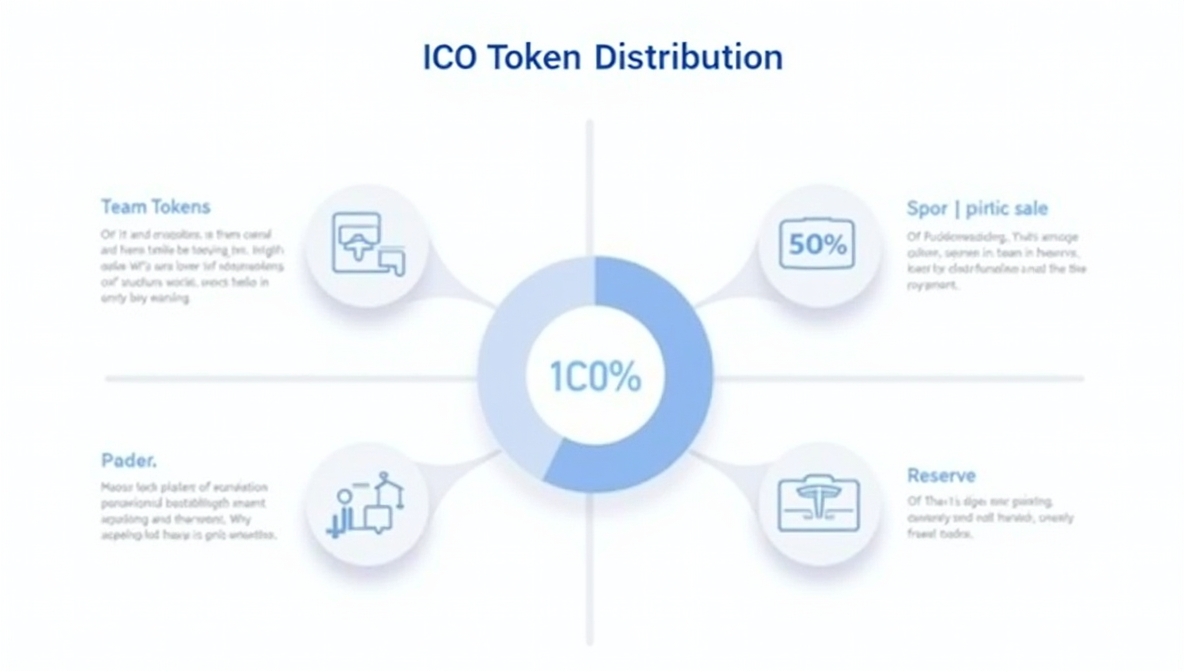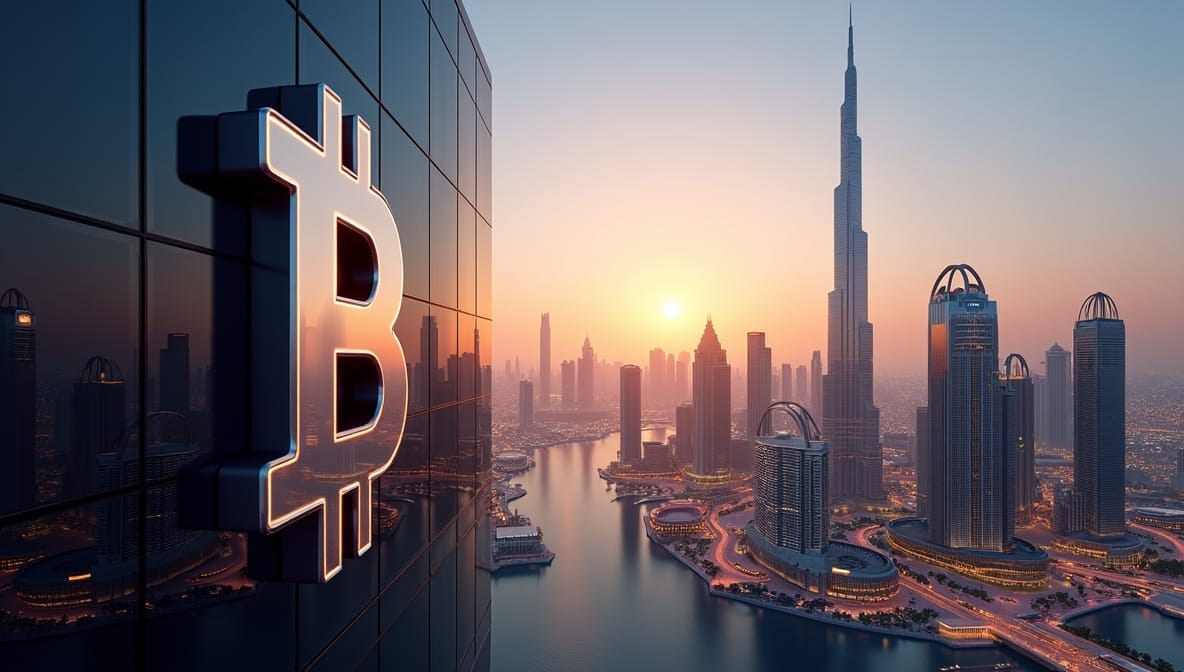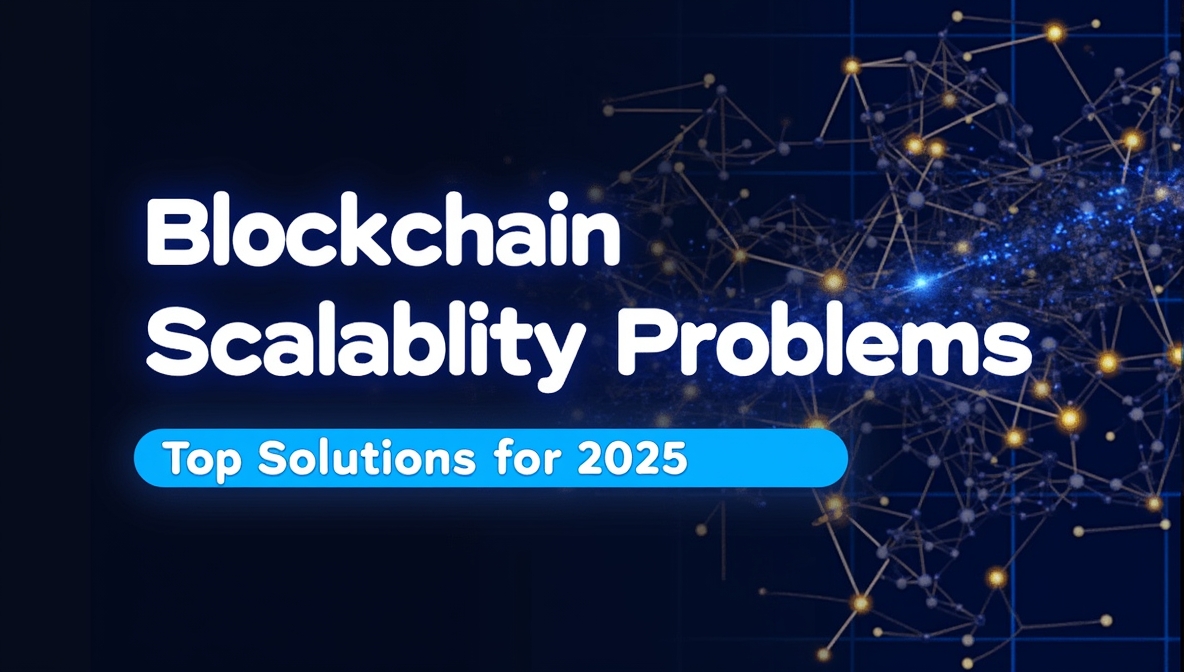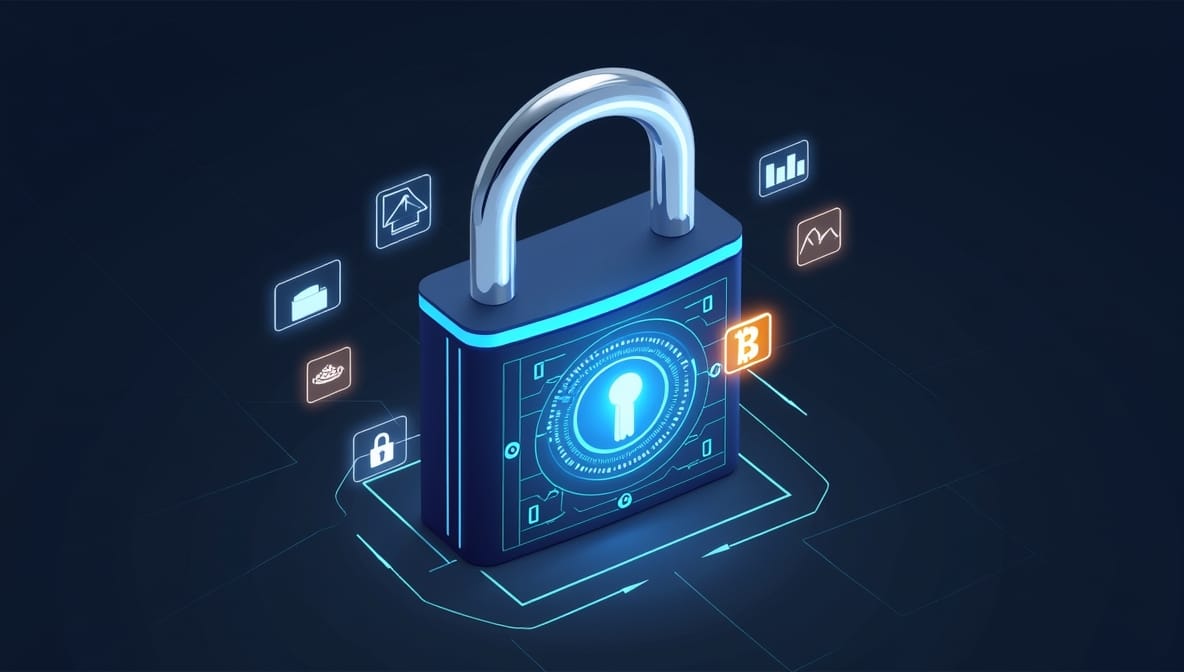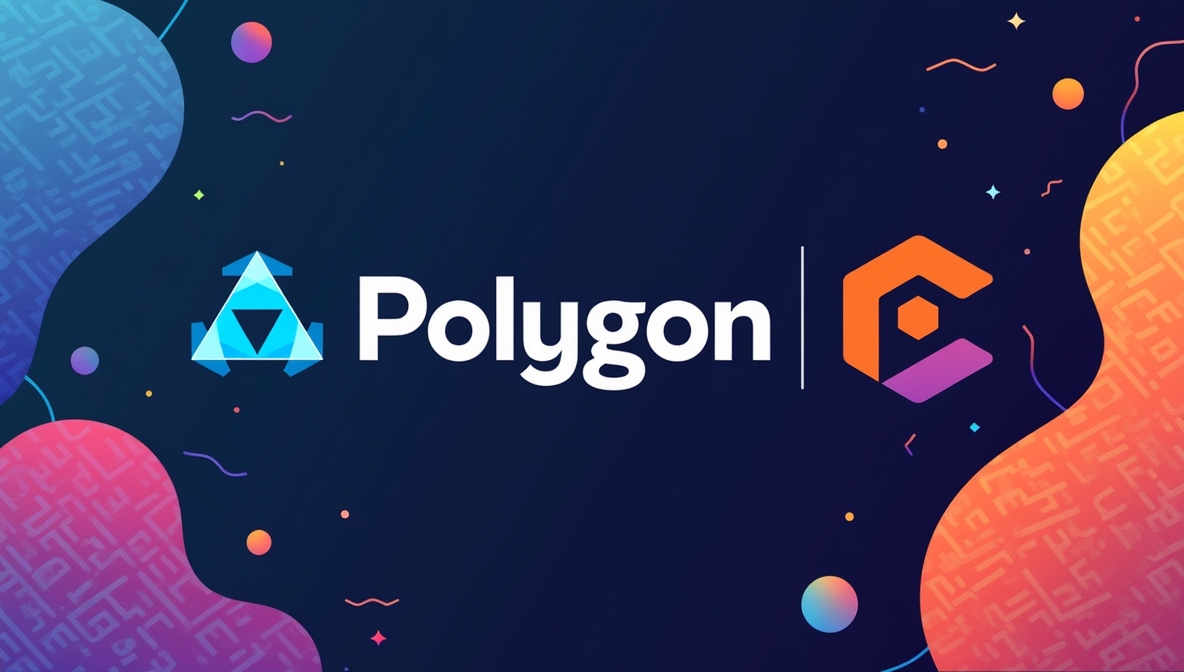Dubai’s free zones are tempting—but costs, rules, and industry fit vary sharply. Choose wrongly and you may face inflated expenses, limited visas, or missed growth opportunities. That’s why you need a clear comparison now: what’s cheapest, easiest, or most fitted to your specific business by mid‑2025? This guide lays out facts, fee ranges, visa quotas, and industry alignment, so the next move you make is informed.
DMCC: World’s Leading Free Zone for Global Trade
Launched in 2002, the Dubai Multi Commodities Centre (DMCC) has grown into the UAE’s largest free zone by company count. Positioned in Jumeirah Lakes Towers (JLT), it provides commercial space, flexi-desk options, and dual-licensing opportunities.
DMCC serves over 23,000 businesses across sectors including commodities, crypto, consultancy, and professional services. It has received multiple recognitions from fDi Magazine, including “Global Free Zone of the Year” for nine consecutive years as of 2023.
Key features:
- Location: JLT, with access to Sheikh Zayed Road and metro stations
- Number of companies: 23,000+
- Industries supported: Trading, financial services, crypto/blockchain, tech
- Licensing types: Trading, service, industrial, and dual licenses (free zone + mainland)
- Regulatory benefits: 0% import/export duty, 100% repatriation of capital, no currency restrictions
DMCC also supports ESG reporting, precious metals certification (Dubai Good Delivery), and the UAE’s only regulated crypto business framework under the Securities and Commodities Authority (SCA).
Infrastructure and Business Environment
The zone’s layout includes high-rise commercial towers, ground-level retail space, and dedicated startup incubation programs. DMCC’s business support includes onboarding assistance, legal workshops, and access to the DMCC Crypto Centre, which has over 600 blockchain-related firms as of mid-2025.
Office options range from shared coworking areas to full floors, with commercial lease rates between AED 80 and AED 160 per sq ft, depending on tower and view.
In 2025, DMCC launched new digital onboarding tools, allowing remote registration and digital license issuance in under 10 days for most activity types.
Licensing and Costs
DMCC issues licenses across more than 900 business activities. Key details for 2025:
- Flexi-desk license: Starting at AED 30,000–35,000
- Standard office setup: AED 50,000–100,000 (plus lease)
- Dual license (DMCC + DED mainland): Requires physical office, additional approvals
- Visa allocation: 3–6 visas for flexi-desk; more for dedicated space
Crypto firms must obtain additional regulatory approval from the UAE SCA. Financial services companies must comply with licensing via the DFSA if dealing in regulated securities or funds.
DIFC: Financial Services Excellence
The Dubai International Financial Centre (DIFC) is the UAE’s central jurisdiction for regulated financial services. Established in 2004, it operates under its own legal system, based on English common law, and is regulated by the Dubai Financial Services Authority (DFSA). Unlike other free zones, DIFC allows for activities such as asset management, fund administration, and retail banking—activities that are otherwise restricted in other UAE zones.
Key features:
- Legal system: Independent courts and arbitration centres based on common law
- Regulator: DFSA (Dubai Financial Services Authority)
- Tax benefits: 0% income and corporate tax for 50 years (renewable)
- Licensing scope: Financial, fintech, legal, consultancy, and wealth management
- Business population: 5,200+ active registered firms employing over 39,000 professionals (DIFC)
In 2023, DIFC reached its highest recorded annual growth, adding more than 1,000 new firms, marking a year-on-year increase of 34%. The zone is positioning itself to become a top-10 global financial hub by 2030.
Infrastructure and Business Environment
DIFC is located near Downtown Dubai, offering high-specification commercial towers, Grade-A offices, and dedicated facilities for legal, accounting, and fund services. The district includes coworking hubs (e.g., FinTech Hive), Class A+ office buildings (e.g., Index Tower), and integrated residential and retail zones.
The DIFC Courts and DIFC Wills Centre also provide enforceable legal frameworks for contracts, inheritance, and dispute resolution—benefits not extended to most other UAE zones.
Licensing and Costs
Licensing in DIFC involves direct DFSA oversight for regulated financial activities. Setup includes a rigorous application and approval cycle, especially for funds and capital markets firms.
2025 typical ranges:
- Non-regulated (e.g., consultancy/legal):
- License: AED 15,000–25,000
- Office lease: AED 160–250 per sq ft
- Regulated firms (funds, brokers, fintechs):
- Application + license: AED 50,000–100,000+ (depending on activity)
- Capital requirements: Varies; AED 500,000+ for fund managers
- Visa allocation: Starts at 2–4 for small units, scales with space
- Audit + compliance: Annual audited accounts mandatory for all firms
Foreign investment firms, fund administrators, private equity entities, and digital asset managers seeking legal certainty and international-grade compliance usually opt for DIFC due to its regulatory standing and enforceable common-law system.

Dubai Internet City: Technology and Innovation Center
Dubai Internet City (DIC) was established in 2000 and is now the UAE’s core hub for tech, digital services, and communications. It was the first ICT free zone in the region and remains one of the most active for tech-focused companies, ranging from early-stage startups to global multinationals.
Key features:
- Primary sectors: Software development, IT services, e-commerce, media-tech
- Notable tenants: Google, Microsoft, Oracle, Cisco, Huawei
- Licensing types: Commercial, consultancy, freelance, and tech innovation licenses
- Visa eligibility: 1–6 visas, depending on office space
- Legal framework: Operates under TECOM Group; not under DIFC or DMCC rules
- Corporate tax: 0% income/corporate tax (subject to UAE CT laws post-2024 if revenue >AED 375,000)
Its central location—along Sheikh Zayed Road, near Palm Jumeirah—makes it especially attractive to international companies setting up regional offices with access to major infrastructure, residential areas, and media hubs.
Infrastructure and Business Environment
DIC is part of Dubai’s TECOM ecosystem, which includes Dubai Media City and Dubai Knowledge Park. Office types range from small flexi-desk packages in coworking facilities (such as In5 or D/Quarters) to full private offices and tech labs.
The zone also includes:
- Business support services
- High-speed fiber connectivity and satellite uplink access
- Accelerator programs like In5 Tech (offering discounted licensing and space for startups)
- Event venues for tech summits and B2B showcases
For tech entrepreneurs, DIC offers a smoother onboarding process than many financial zones, with basic licensing timelines averaging 7–10 working days.
Licensing and Costs
Licenses fall under TECOM authority, with activity types focused on tech, media, digital services, and consulting.
Typical 2025 ranges:
- Freelancer/solopreneur license: AED 7,500–11,000 (limited to certain categories)
- Standard company license + shared space: AED 15,000–20,000 (plus AED 12,000–20,000 for office)
- Private office license (15–30 m²): AED 35,000–50,000 (including rent and licensing)
- Visa allocation: 1–6, depending on space and license structure
There are no minimum capital requirements for most categories, and no local partner is needed. Audit requirements apply to some company types depending on revenue and business model.
JAFZA: The Logistics and Manufacturing Hub
Jebel Ali Free Zone Authority (JAFZA) is Dubai’s oldest free zone, established in 1985, and the largest by trade volume and land area. Its direct integration with Jebel Ali Port makes it the preferred zone for companies handling large-scale imports, exports, and manufacturing.
- Over 9,500 companies from 150+ countries
- Contributes 32% of Dubai’s FDI and 21% of GDP
- Directly adjacent to Jebel Ali Port, the largest container port between Rotterdam and Singapore
- 2025 trade volume: $190 billion
- Focus sectors: logistics, warehousing, heavy industry, FMCG, automotive, packaging
JAFZA’s location allows it to operate as a bonded logistics corridor with integrated customs, road, and sea access, enabling reduced shipping times and streamlined clearance.
Infrastructure and Business Environment
JAFZA spans over 57 km² and includes a wide mix of industrial plots, ready-to-use warehouses, and commercial office buildings. It also houses specialized facilities for temperature-controlled goods, e-commerce operations, and value-added services like repackaging and labeling.
Recent developments in 2025 include:
- An additional 360,000 sq ft of logistics capacity added
- Total available space now exceeds 922,000 sq ft
- 16 new units covering 46,000 sq m leased to logistics and distribution companies
- Access to 170+ global shipping routes
- Integrated smart logistics and bonded storage infrastructure
JAFZA also benefits from DP World’s logistics platform and free zone portal, offering centralized customs clearance, shipment tracking, and infrastructure planning.
Licensing and Costs
JAFZA issues licenses across trading, manufacturing, industrial, and logistics categories. Packages are modular, based on office or warehouse space size.
2025 cost range:
- Flexi-desk license package: ~AED 61,000
- 50–100 m² private office license: AED 95,000–145,000
- Warehousing and plot leases: Priced per square meter; varies by size and fit-out
- Visa quota:
- 3 visas for flexi-desk
- Increases with office/warehouse size (typically 1 visa per 9–10 m²)
All companies must maintain audited financials. Customs and logistics companies may also require operational permits from port and freight regulators.
Cost Comparison: Setup Fees and Annual Charges

Cost remains one of the most decisive factors when selecting a Dubai free zone. Below is a clear comparison table showing 2025 figures for key costs across six of Dubai’s most commonly considered zones.
| Free Zone | License Cost (AED) | Office/Desk Cost (AED) | Visa Quota (Typical) | Audit Required | Notes |
| DMCC | 30,000–50,000 | 20,000–60,000 | 3–6 (flexi to office) | Yes | Trading, crypto, professional services; dual licensing option |
| DIFC | 15,000–100,000+ | 35,000–150,000+ | 2–6 | Yes (mandatory for all) | Fund management and regulated financial entities |
| JAFZA | 61,000–145,000 | Included in package | 3+ (based on size) | Yes | Logistics, industrial, export firms |
| DIC | 7,500–50,000 | 12,000–35,000 | 1–6 | Depends on license | Ideal for IT, e‑commerce, and software |
| IFZA | 11,000–13,000 | Included (shared space) | 1–3 | No | Startup- and freelancer-friendly |
| Meydan | 11,000–15,000 | Included (virtual) | 1–3 | No | Digital-first businesses, low capital needs |
Industry-Specific Recommendations: Finding Your Perfect Match
Logistics, Manufacturing & Trade
Dubai’s physical trade infrastructure varies from zone to zone. For warehousing, port access, or export-heavy models, proximity to ports and customs matters more than licensing speed.
- JAFZA
Ideal for import/export companies, large-scale warehousing, and industrial assembly lines.
- Adjacent to Jebel Ali Port
- Heavy cargo, automotive parts, and FMCG storage
- Built-in customs services for bonded goods
- Scales well for large operations
- Dubai South
Best suited for air freight, fulfillment, and 3PLs.
- Direct access to Al Maktoum Airport
- Part of Dubai Logistics Corridor (road + air + sea)
- Plots available for custom-built facilities
- Free zone plus on-site bonded warehouse licensing
- DAFZA
High-speed clearance for time-sensitive or regulated goods.
- Adjacent to Dubai International Airport
- Used heavily by electronics and pharma distributors
- Premium pricing, but fast customs and strong security compliance
Financial Services, Capital Markets & Fintech
Only a few free zones allow regulated financial activities. The legal and regulatory structure can determine whether your firm is operational or blocked entirely.
- DIFC
Built for global financial institutions.
- Regulated by DFSA
- A full legal system based on English common law
- Supports asset managers, hedge funds, and family offices
- Required for any company holding or managing client funds
- DMCC
Suited for non-regulated finance, trading, and blockchain businesses.
- Supports precious metals, commodities, and crypto
- SCA-regulated crypto licensing framework
- Dual-licensing option with DED
- Lower costs and broader activity list than DIFC
Tech, SaaS, and E-Commerce
Flexibility, digital infrastructure, and low overheads are the key needs here. Zones should allow remote operation, quick setup, and clear digital activity licensing.
- Dubai Internet City (DIC)
Designed for tech scale-ups and regional HQs.
- Strong tenant mix (Google, Cisco, Oracle)
- Co-working to full-floor leasing
- Government-backed accelerators (e.g., in5 Tech)
- Integrated into the TECOM cluster with access to digital talent
- Meydan Free Zone
Best for early-stage startups, e-commerce sellers, and consultants.
- Virtual office model
- No audit, capital, or physical space needed
- Fast setup, ideal for dropshipping, design services, and marketing firms
- IFZA
Works well for remote-first SaaS, small agencies, and international freelancers.
- Shared space is included with a low-cost license
- Allows multiple activities under one license
- Remote registration and flexible visa options
- No audit requirement or share capital
Healthcare, Wellness & Biotech
These sectors require special licensing and clinical facility access, limiting your choices.
- Dubai Healthcare City (DHCC)
Structured for licensed professionals, clinics, and wellness ventures.
- Coordinated with UAE health authorities (MOH, DHA)
- Lab space and medical training infrastructure
- Clear zoning for patient-facing vs. research activities
- No general trading or unrelated services allowed
Media, Content & Creative Industries
Media-focused zones offer licensing tailored to content, publishing, and communications, with infrastructure for video and studio production.
- Dubai Media City (DMC)
Strong ecosystem for agencies, producers, and publishers.
- Hosts over 1,300 firms
- Studio and post-production space available
- Events, networking, and co-location with PR and content firms
- Licensing is limited to media-specific activities
- Al Quoz Creative Zone (in development)
Structured for freelancers and artists.
- Subsidized licenses for creative work
- Expected to offer hybrid live-work spaces
- Will expand options for art, design, and visual media when fully launched
Decision Matrix: Choosing Based on Your Business Needs

This matrix simplifies selection by matching core business requirements to zone features. If you’re deciding between two or three options, use the industry, cost, and regulatory triggers below to identify the better fit.
| Business Requirement | Recommended Free Zone(s) | Reasoning |
| You need fast setup with minimal capital | IFZA, Meydan Free Zone | Low-cost licenses, no audit or share capital, remote setup available |
| You plan to trade physical goods globally | JAFZA, Dubai South, DAFZA | Direct access to port and airport; warehousing and bonded logistics |
| You’re offering regulated financial services | DIFC | Only zone with DFSA-regulated financial activity and English common law |
| You’re in fintech, crypto, or commodities | DMCC | SCA-regulated crypto, broad trading licenses, dual-license support |
| You want to build a regional tech office | Dubai Internet City (DIC) | Full office ecosystem, global tenants, accelerators, high-spec offices |
| You’re a freelancer or solo digital operator | Meydan, IFZA, DIC (freelance category) | Low-cost freelance models, flexible space, no audit requirement |
| You need medical, clinical, or biotech licensing | Dubai Healthcare City (DHCC) | Only zone with infrastructure and licensing for healthcare professions |
| You’re in media or publishing | Dubai Media City (DMC) | Media-specific licensing, studios, and an established content ecosystem |
Additional Decision Points
- Dual licensing needed? → DMCC or Meydan
- English common law preferred? → DIFC
- Need to hold client funds or securities? → DIFC only
- Import/export is your main operation? → JAFZA or Dubai South
- Want to avoid audits or physical office leases? → IFZA or Meydan
This matrix helps reduce ambiguity for founders comparing price vs. legal comfort vs. operational flexibility. The trade-off between regulatory strength and cost should be decided based on how customer-facing, capital-intensive, or internationally exposed your business model is.
Found your ideal free zone? Let our specialists handle the setup process and ensure you get the best package deal.




